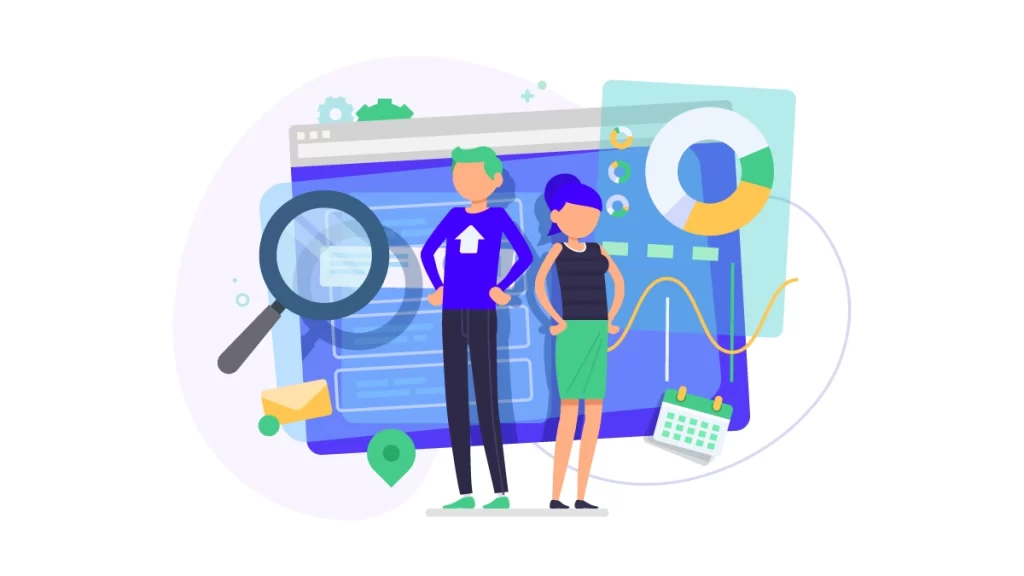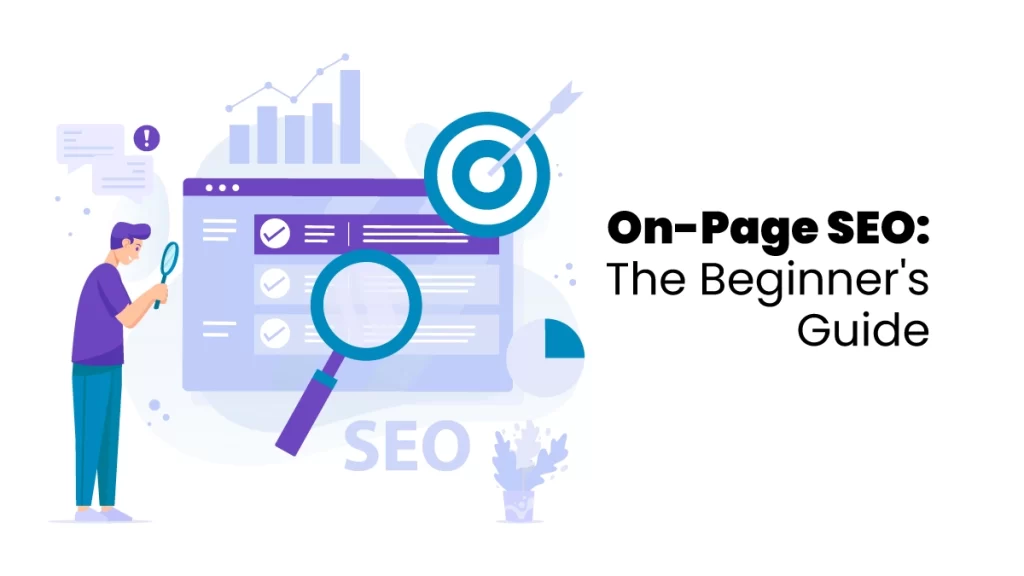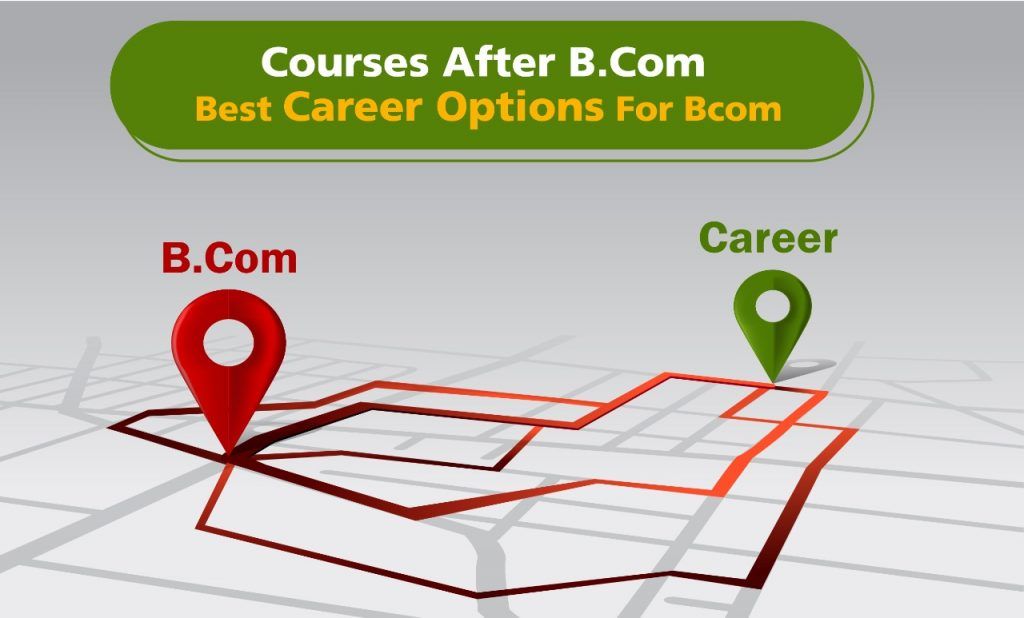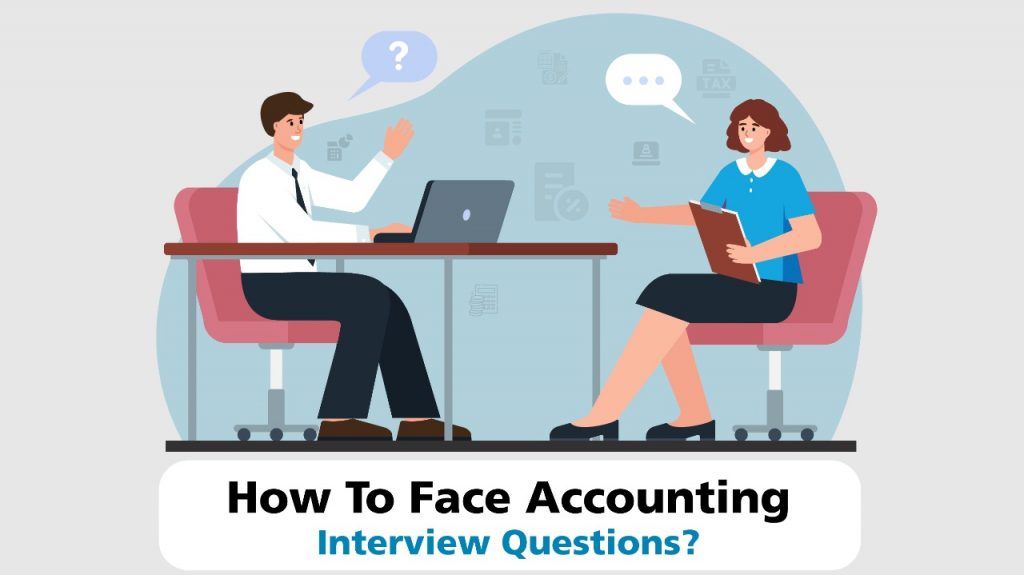Optimizing your website with effective on-page SEO techniques is crucial for improving its visibility and attracting organic traffic. Behind every site sitting majestically at the top of the Search Engine Results Page (SERP), there’s a lot of hard work behind the scenes to make it happen.
What is On-Page SEO?
On-page SEO involves enhancing your webpage to show up higher in Google search results for particular keywords. By performing on-page SEO, you increase the chances of more people discovering and visiting your webpage. The more pages you optimize on your website, the stronger the overall website performance reflects on Google.
Four Types of SEO
There are Four main types of SEO:
1. On-page SEO
On-page SEO involves optimising individual web pages to rank higher and attract more relevant traffic from search engines.
2. Off-page SEO
Off-page SEO works when you do things on other websites to boost your page’s ranking. This includes getting links from other sites, being listed in directories, promoting on social media, guest posting, business listing, article submission, press release, forum submission and more.
3. Technical SEO
Technical SEO involves things related to the site’s code, sitemap, speed, security, structured data, and other technical stuff. It’s like the behind-the-scenes work to ensure your site is healthy and performs well.
4. Local SEO
Local SEO involves optimising a website to improve its visibility and increase online presence, particularly in specific geographic areas such as cities or regions. Local SEO’s primary goal is to impress customers who belong to the local area and enhance their online presence within their community.
On-Page SEO Techniques
Some of the On-page SEO techniques were given below;
Keyword Research
- Start by figuring out the essential keywords related to your content.
- Use Google Keyword Planner, Semrush or Ubersuggest to find keywords many people search for.
- Pick a mix of short and long tail keywords that match what your content is about and who you want to reach.

Title Tags
- Create interesting as well as clear titles for each page.
- You can add the main word which you wish to reflect and keep it short, around 50-60 characters.
- A good title encourages people to click and helps search engines understand what’s on your page.
Meta Descriptions
- Create a short and engaging summary of your page content that includes your main keyword, around 150-160 characters.
- Even though it doesn’t directly affect your ranking, a catchy description can make more people click on your page.
URL Structure
- Make simple and easy-to-read web addresses that include your main keyword.
- Avoid using confusing numbers or symbols. Clear Urls simplify navigation for both users and search engines.
Header Tags
- You can organize your content using headers to show what’s most important.
- The main heading (H1) should have your main keyword. And others like subheadings (H2, H3, etc.) that help organize your content.
Content Optimization
- Write excellent, relevant, and exciting content that fits people’s search.
- Use your main keywords naturally in your writing, but make sure your content is easy to read and enjoyable.
- Add pictures and videos to make your page better.
Internal Linking
- Link to other pages on your website that relate to your content.
- This allows search engines to understand how your site is organized and encourages visitors to explore more.
External Linking
- Include links to other trustworthy websites in your content.
- This shows that your content is well-researched and reliable.
Image Optimization
- Give your images clear names and alt text so search engines can understand them.
- This not only helps with accessibility but also gives more information to search engines.
Mobile Optimization
- Optimize your website for mobile devices to cater to the increasing number of users.
- Google prioritizes mobile-friendly sites, boosting your search result rankings.
Search engine optimization(SEO) is constantly changing because of the growing technology. To know more about SEO, you can join Finprov’s Digital Marketing course. Finprov is an ed-tech institute that offers different courses, including Digital Marketing. It’s for people who finished college or are already working. In the course, you’ll learn about topics such as SEO, SEM, social media marketing, email marketing, affiliate marketing and more.
Our digital marketing training in Calicut is made carefully to teach you specific skills that can help you make more money in the future. Our classes are taught by industrial experts who have worked a lot in the field. We provide practical live training to all the learners. If you want to do well in the world of digital marketing, consider joining Finprov’s course!





